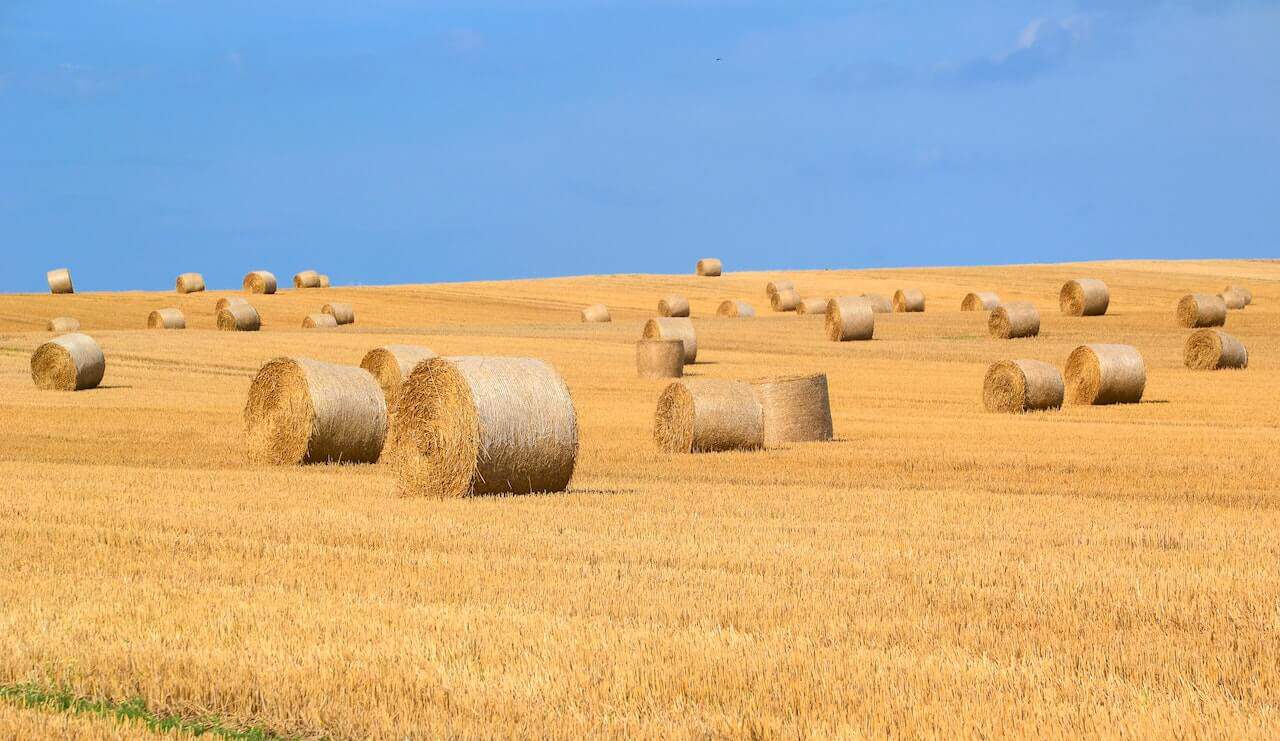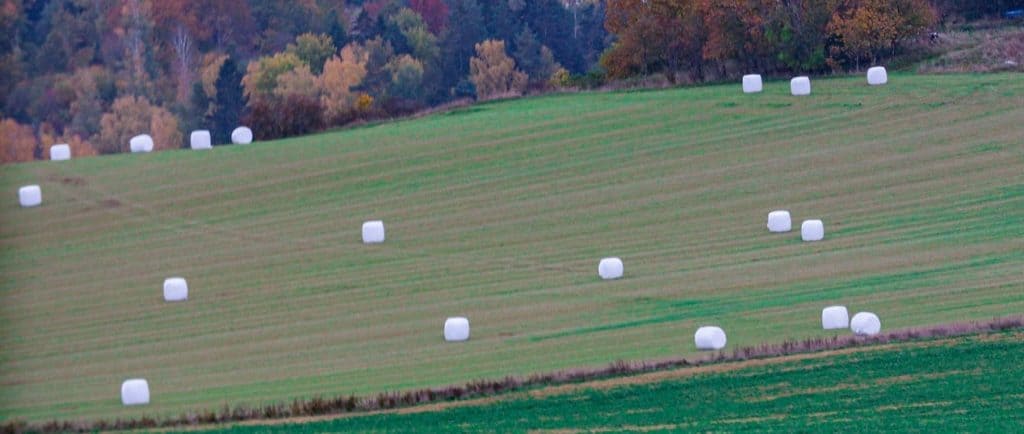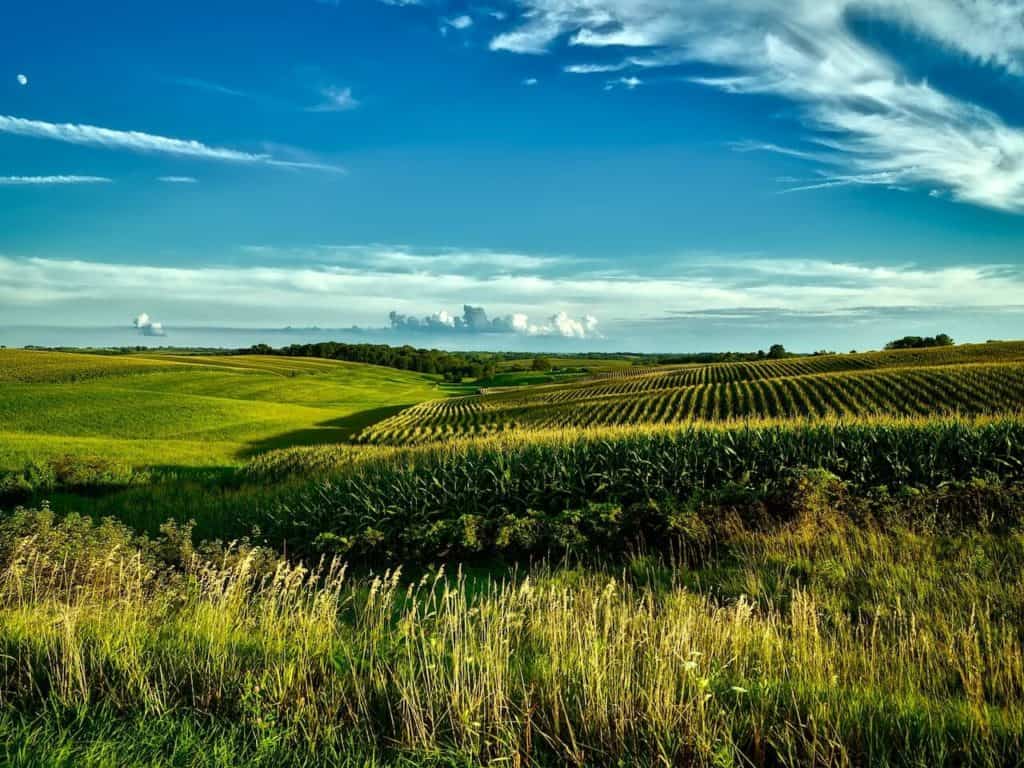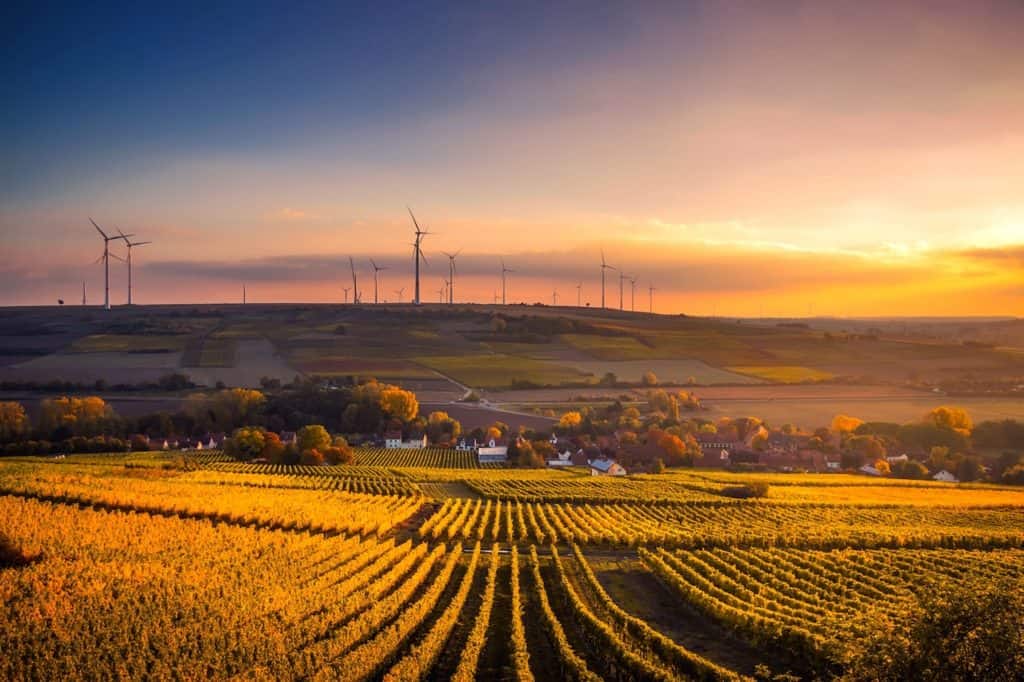Examples Of Farm Waste & How To Dispose Of Them
Agriculture generates a significant amount of waste. This waste includes both organic and inorganic materials that can harm the environment if not disposed of correctly. Safe waste disposal is crucial for maintaining a healthy and sustainable environment. Here are ten examples of farm waste and how to safely dispose of them.
5 Examples Of Farm Waste
Crop Residues
Crop residues are the leftover plant materials after a harvest. These materials can include leaves, stems, roots, and other plant parts. They can be reused for animal feed, composting, or biofuels. Crop residues are an excellent source of feed for animals as they are rich in nutrients, fiber, and protein. Additionally, composting crop residues can improve soil health and prevent water pollution. Biofuels made from crop residues are an excellent alternative to fossil fuels as they are renewable and produce less greenhouse gas emissions.
Animal Manure
Animal manure is another common agricultural waste generated on farms. Manure can be a valuable resource for fertilising crops and improving soil health. However, excessive or improperly stored manure can lead to water pollution and harmful pathogens. Therefore, farmers must dispose of manure safely. Composting or anaerobic digestion are both effective methods for managing animal waste. Anaerobic digestion can produce biogas, which is a renewable energy source that can replace fossil fuels.
Food Waste
Food waste is another form of agricultural waste that can harm the environment. Farmers can minimise food waste by efficiently managing their crops and livestock. Unconsumed food products can be recycled or donated to food banks. Additionally, composting food waste can improve soil health and reduce greenhouse gas emissions.
Agricultural Plastic Waste
Agricultural plastic waste is a significant environmental concern. Farmers use plastic for many purposes, including packaging, irrigation systems, and mulching. These plastics can persist in the environment for hundreds of years, polluting waterways and harming wildlife. Therefore, proper waste disposal is critical. Farmers can reduce plastic waste by using biodegradable and compostable plastics. Recycling agricultural plastic waste is also possible. Several organisations collect and recycle agricultural plastics, providing farmers with a safe and responsible method for disposing of these materials.
Pesticides and Chemicals
Pesticides and chemicals are necessary for maintaining healthy crops, but they can also harm the environment. Proper waste disposal is essential for preventing water pollution and minimising the risk of accidental exposure. Farmers must dispose of unused chemicals and containers safely. They can recycle empty pesticide containers, and unused chemicals should be taken to a hazardous waste collection facility.
We Collect And Recycle Farm Plastic Waste
Are you generating a large volume of farm plastic recycling? We recycle different plastic materials used on farms. These may include agricultural film, polytunnel, crop cover, silage wrap and more. Get in touch today to book your collection and sustainably dispose of your farm waste. Our farm waste management team also offers rebates for bulk loads of waste.








